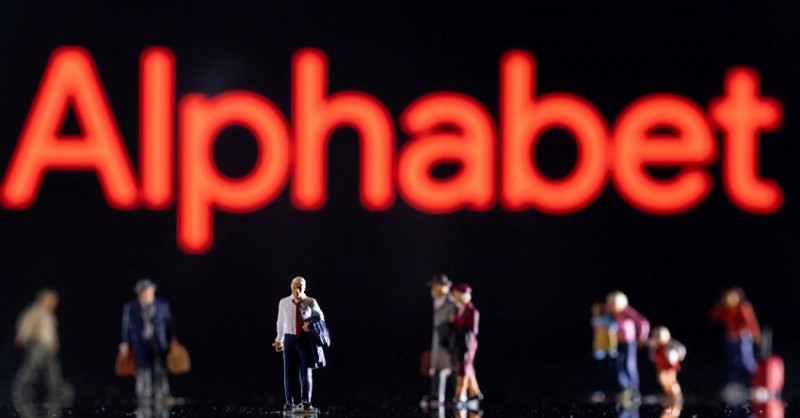
Alphabet, the parent company of Google, is currently engaged in discussions to acquire cybersecurity startup Wiz for approximately $23 billion. This potential acquisition, reported by the Wall Street Journal, would mark the largest in Alphabet's history, underscoring its strategic move into the cybersecurity sector.
If finalized, the deal would present a significant regulatory challenge, as antitrust authorities closely monitor tech giants' acquisition activities. Alphabet's last major acquisition dates back over a decade to its $12.5 billion purchase of Motorola Mobility.
Founded in 2020 and based in New York, Wiz has secured around $2 billion from investors and was most recently valued at $12 billion. Led by Israeli entrepreneur Assaf Rappaport, formerly of Microsoft, Wiz focuses on securing cloud environments--a critical need as businesses increasingly rely on online software and data storage. The company boasts research and development hubs in Tel Aviv and has reportedly achieved $350 million in annual recurring revenue.
For Alphabet, acquiring Wiz would represent a substantial entry into cybersecurity, following its $5.4 billion acquisition of Mandiant two years ago. Despite inquiries, Wiz has refrained from commenting on the ongoing discussions, while Alphabet has not issued a formal response.
These talks follow Alphabet's recent decision against pursuing an acquisition of HubSpot, an online marketing software company, reported earlier this month.
During January, Synopsys (SNPS.O), a design software firm, announced plans to acquire Ansys, a smaller competitor, for approximately $35 billion. Similarly, Hewlett Packard Enterprise (HPE.N) finalized a deal to purchase Juniper Networks (JNPR.N), a networking equipment manufacturer, for $14 billion in the same month.
Technology sector mergers and acquisitions dominated the first half of the year, totaling $327.2 billion--a notable increase of over 42% compared to the previous year, according to data from Dealogic.
Google Showcases Gemini 1.5 AI's Multimodal Abilities at I/O 2024, How It Uses